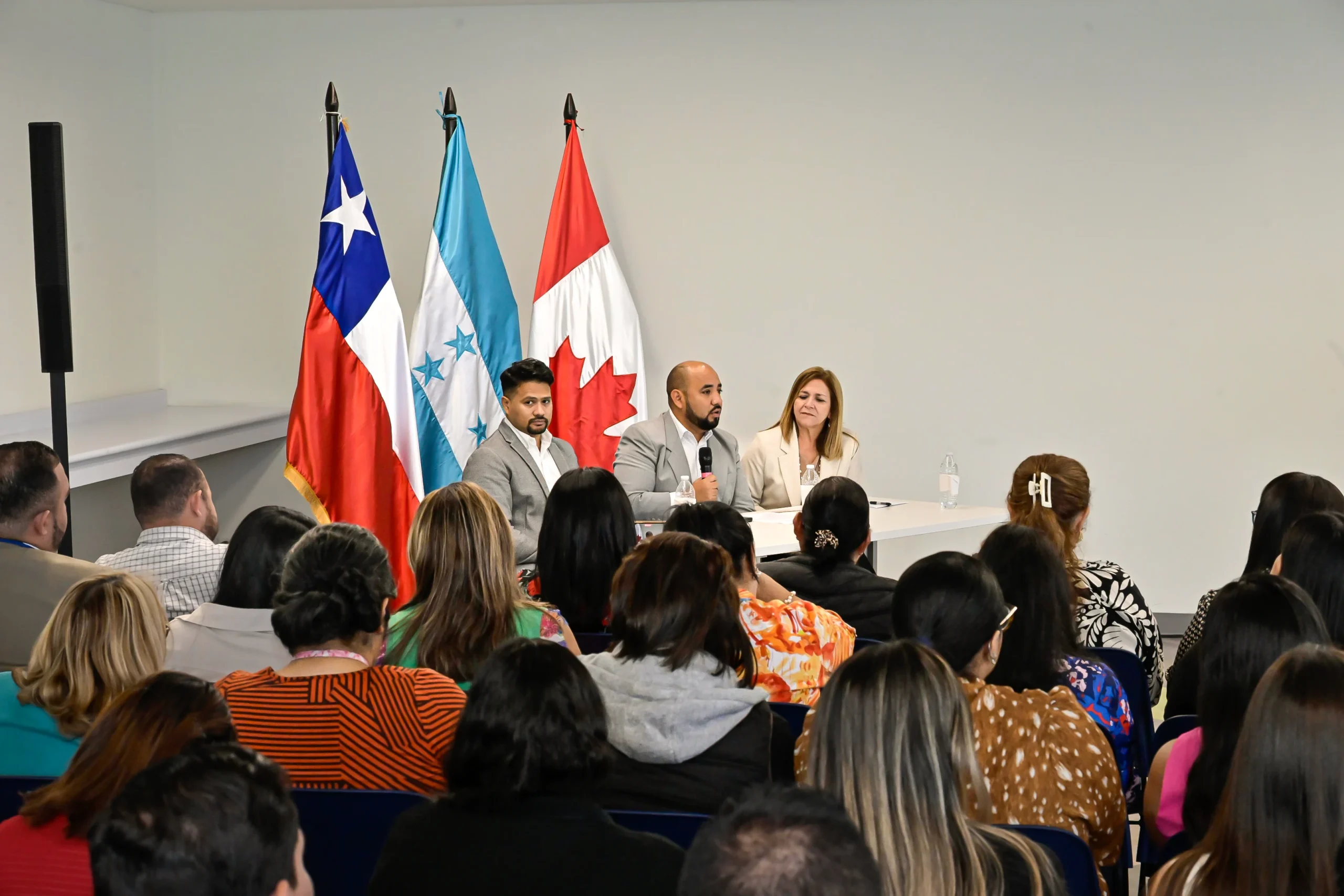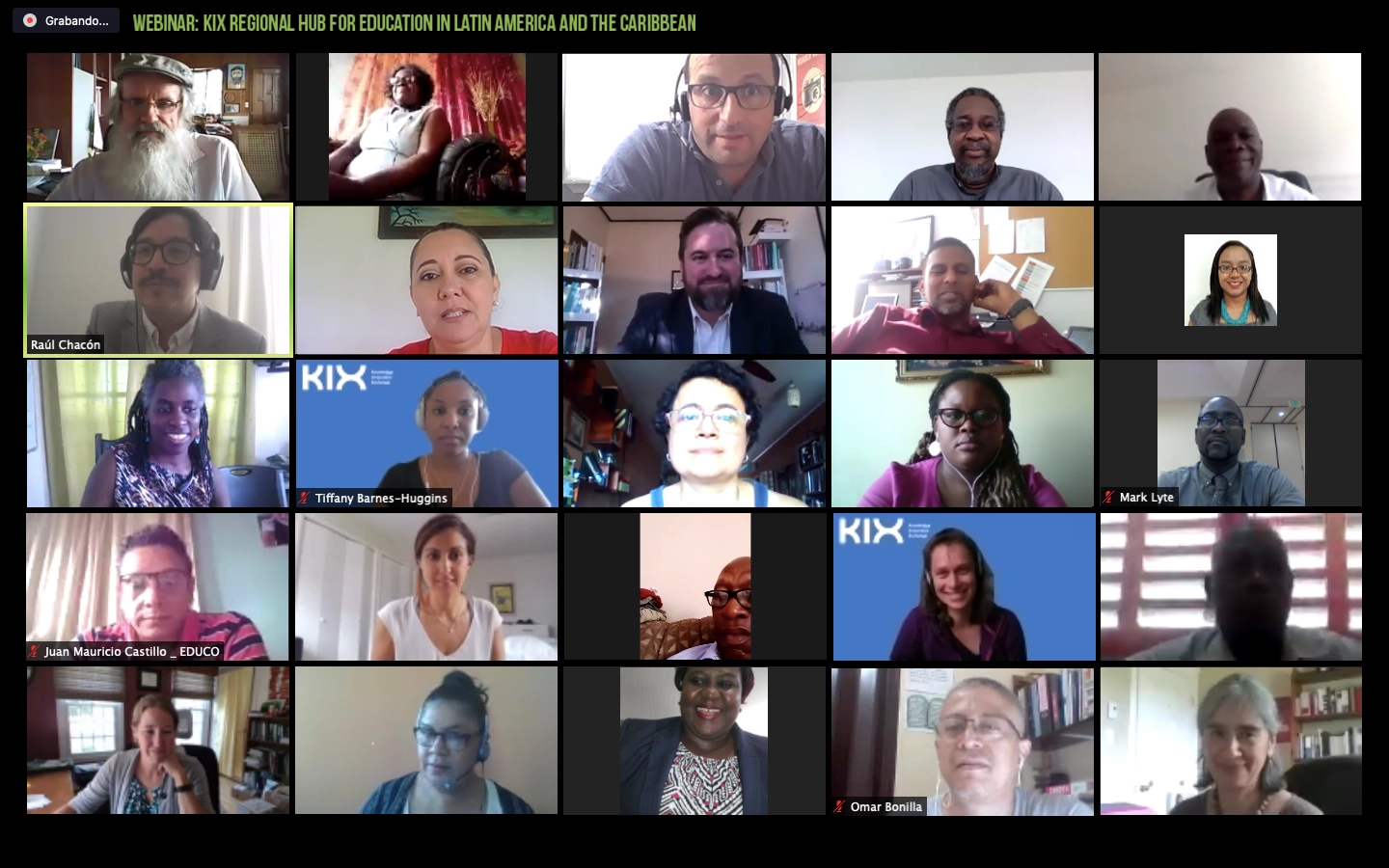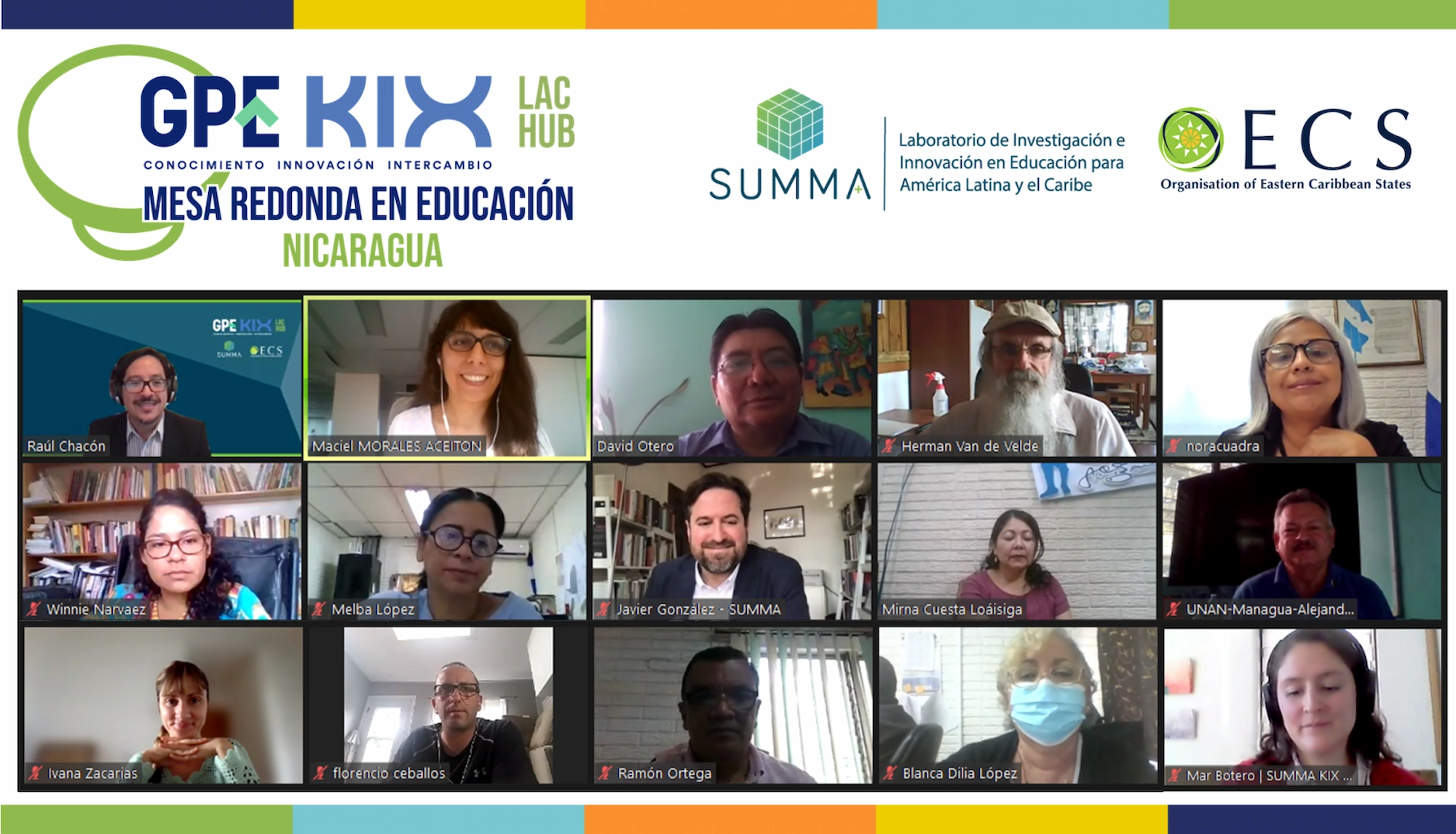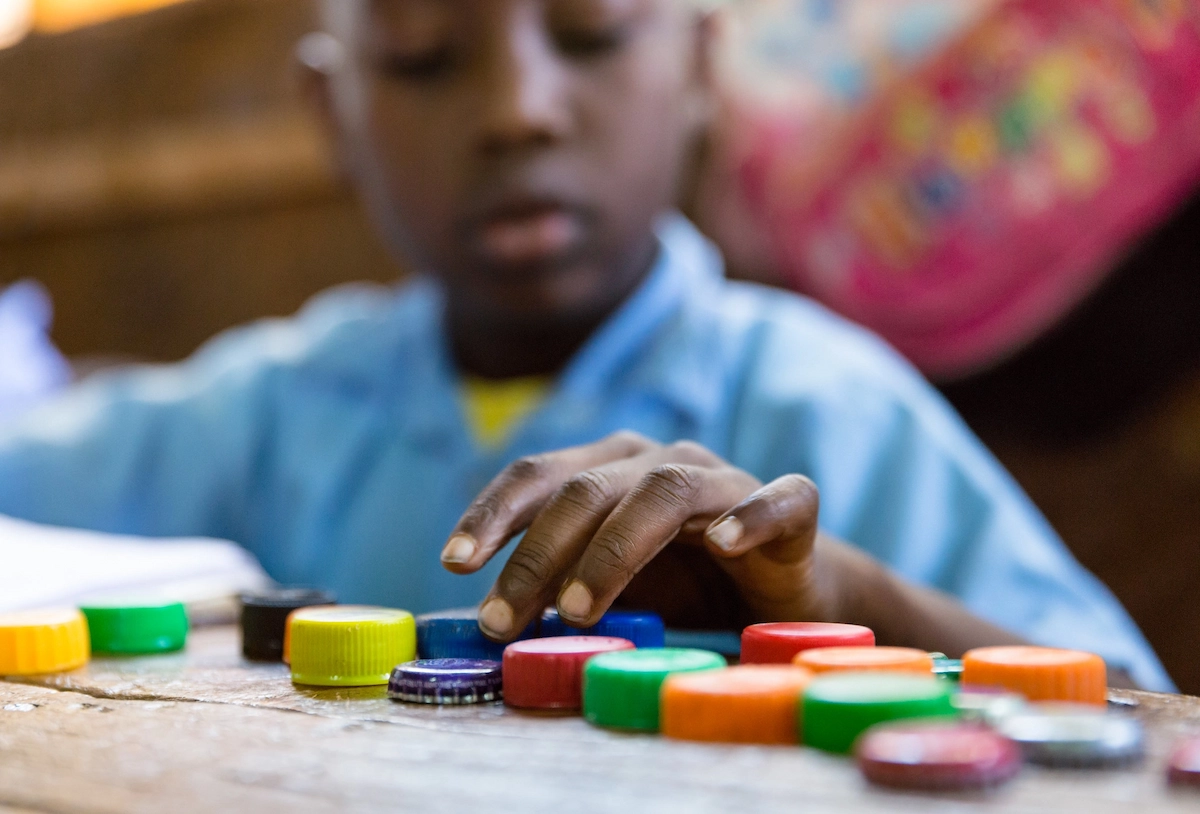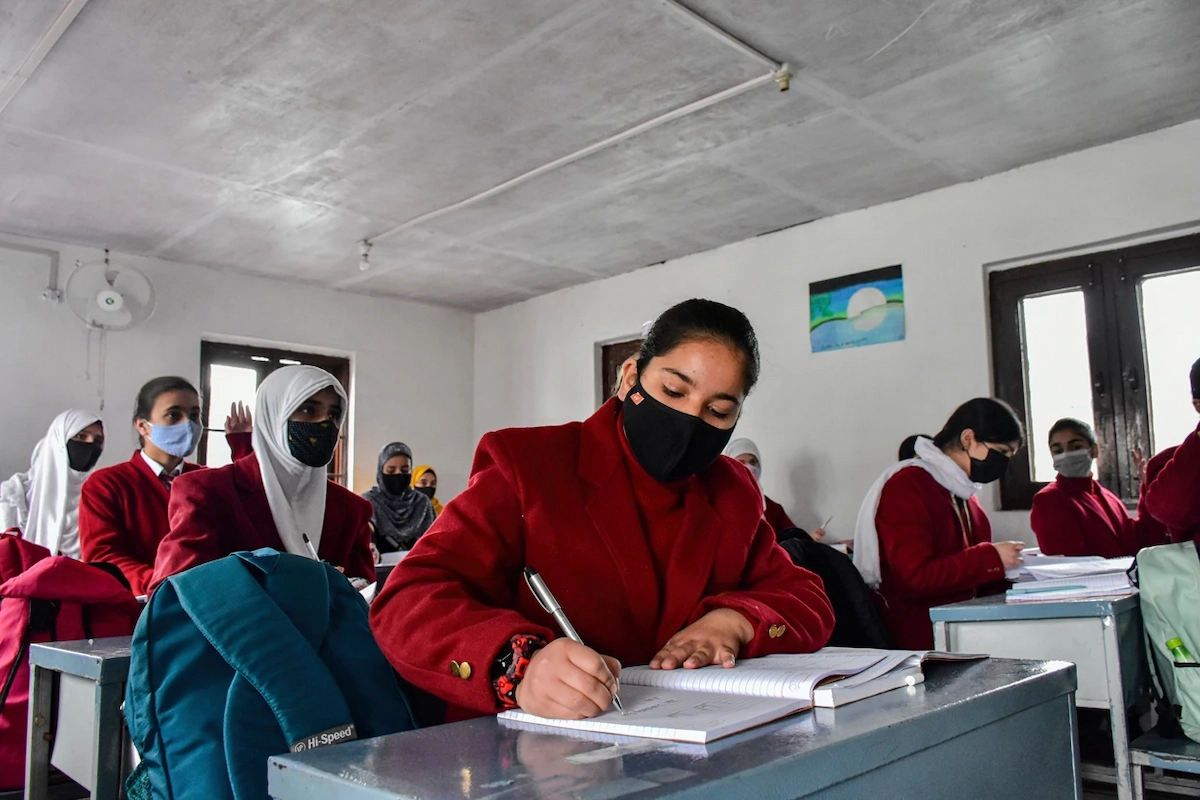Key milestone for the future of education in Latin America and the Caribbean, at KIX LAC regional meeting: Ministries of Education of 10 countries endorse the “Antigua Commitment”, which seeks to ensure that all children can write, read and understand what they read by the age of 9
30 de June de 2025
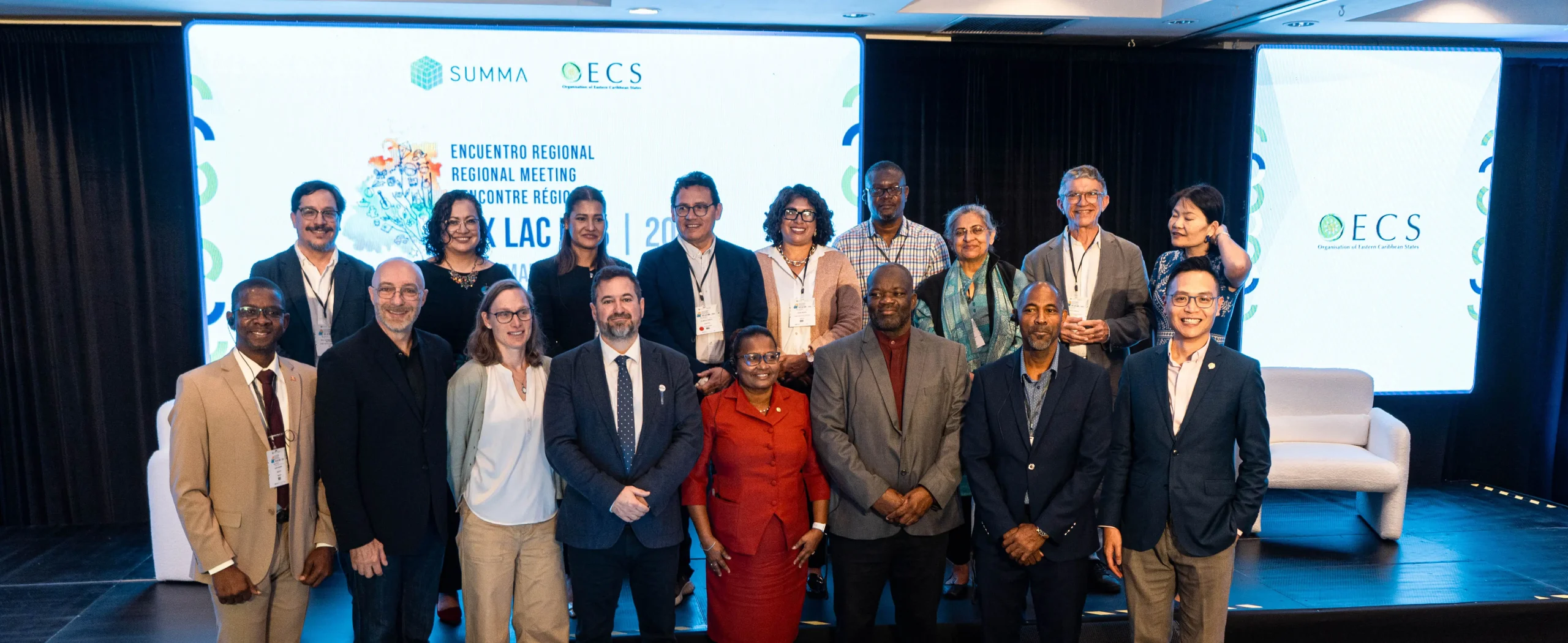
Share
A milestone step has been taken towards educational transformation and social justice in Latin America and the Caribbean with the KIX LAC Regional Meeting, held in Antigua, Guatemala, on June 18, 19 and 20, 2025. This key event brought together more than 100 education leaders and representatives, including ministers of education, senior representatives of international organizations (Global Partnership for Education, IDRC Canada, World Bank, Inter-American Development Bank, UNESCO, UNICEF, OECD, Yidan Prize Foundation, Pratham Education Foundation, Bem Comum, Education Endowment Foundation, GRADE, CLADE, among others), and experts from across the region.
The meeting not only consolidated the progress of this regional initiative and addressed the priority challenges in education, but was also the setting for the creation of the “Antigua Commitment”. This declaration, drafted and led by Ministers of Education from various Latin American and Caribbean countries, SUMMA (Laboratory for Research and Innovation in Education for Latin America and the Caribbean) and OECS (Organization of Eastern Caribbean States), represents a consensual regional agenda focused on foundational learning, with a view to moving from commitment to immediate action for educational transformation and evidence-based social justice.
Through the Antigua Commitment, the signatory ministers commit to the goal of “achieving literacy proficiency for all our children, without exception, ensuring that all children can write, read, and understand what they read by the age of 9.

“This commitment is a call to action with the promise to address a historical debt to our own society and our future, which is that all our children know how to read and understand what they read at the right age,” the director of SUMMA, Javier González, assured. “Illiteracy in the region continues to be a problem, as well as school backwardness. In this context, the ministers of the region have decided to make a declaration that expresses a political decision but above all a willingness to take action to prioritize early childhood, promote literacy, conduct research and innovation around this issue, and most importantly, inform educational policies in such evidence,” he emphasized.
This commitment will make it possible to prioritize and channel national efforts and financial resources more effectively, as well as technical and economic support from international cooperation towards a clear, fundamental and common objective for our region.
 “The main goal of this commitment is to take action, defining concrete lines of action with an unwavering emphasis on foundational learning. This is vital, since the countries of the region face critical challenges, with significant inequalities in the quality of learning and the inclusion of vulnerable populations, aggravated by the impacts of the pandemic,” the document states. “The agenda will prioritize the development of essential learning such as literacy, mathematical thinking and socio-emotional skills,” it adds.
“The main goal of this commitment is to take action, defining concrete lines of action with an unwavering emphasis on foundational learning. This is vital, since the countries of the region face critical challenges, with significant inequalities in the quality of learning and the inclusion of vulnerable populations, aggravated by the impacts of the pandemic,” the document states. “The agenda will prioritize the development of essential learning such as literacy, mathematical thinking and socio-emotional skills,” it adds.
The countries that supported this commitment include Belize, Dominica, El Salvador, Grenada, Guatemala, Guyana, Haiti, Honduras, St. Lucia, and St. Vincent and the Grenadines.

